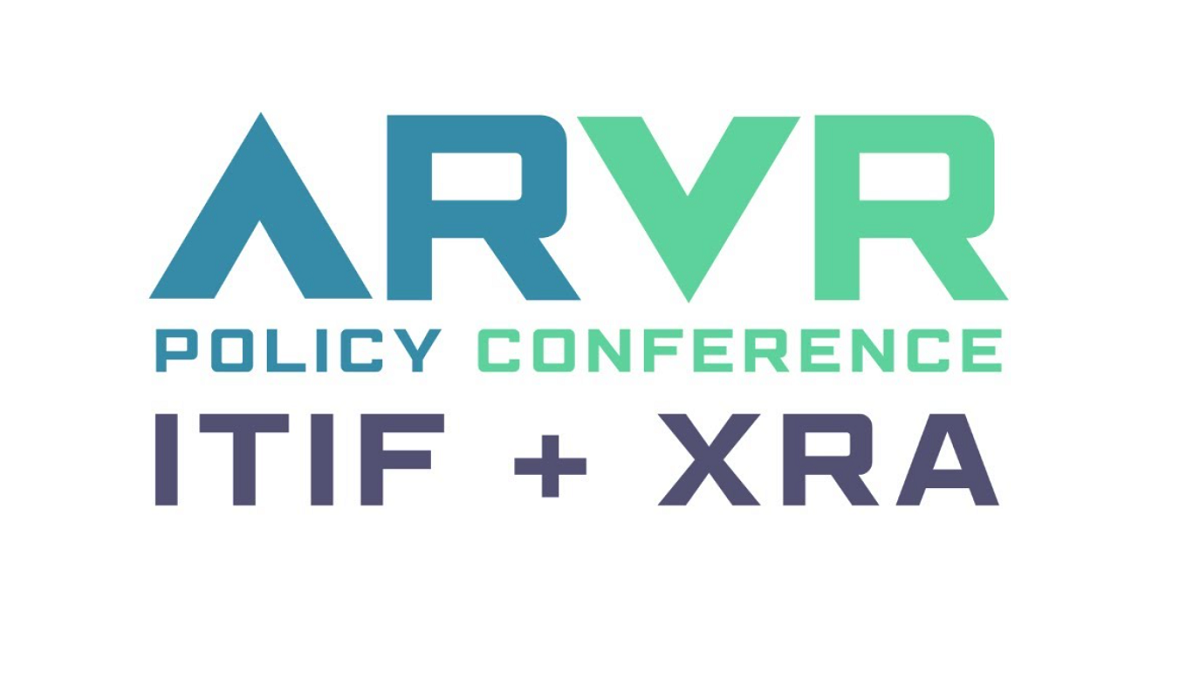Immersive technology is rapidly transforming the way we work, play, and learn. From augmented reality headsets that overlay digital information onto the real world to virtual reality headsets that create fully immersive digital environments, these technologies are opening up new possibilities for communication, education, and entertainment.
These technologies have the potential to improve our lives in many ways, but they also raise important questions about privacy, safety, and ethics. The AR/VR Policy Conference is a forum where policymakers, industry leaders and academics can come together to discuss these issues and shape the future of immersive technology.
This year’s conference will feature a series of expert talks and panels on topics such as privacy and safety, global competitiveness, the use of AR/VR in education, and children and teenager safety. Attendees will also have the opportunity to network with other stakeholders and learn about the latest developments in immersive technology.
Conference Organisers
The AR/VR Policy Conference is a one-day event hosted jointly by The XR Association (XRA) and The Information Technology and Innovation Foundation (ITIF). As the driving force behind the AR/VR Policy Conference, the XRA is committed to fostering the growth of the XR sector encompassing VR, AR, and emerging immersive technologies.
The conference will take place on September 14th in Washington DC.
Impact of immersive technology
One of the most exciting potential applications of immersive technology is in the workplace. AR and VR can be used to train employees, provide remote assistance, and create more immersive and engaging learning experiences. For example, AR headsets can be used to train surgeons on how to perform complex procedures or VR headsets can be used to give employees a virtual tour of a new factory.
Immersive technology is also having a major impact on education. AR and VR can be used to create interactive learning experiences that make it easier for students to understand complex concepts. For example, AR headsets could be used to visualise molecules in a chemistry class, or VR headsets could be used to take students on a virtual field trip to a historical site.
In the realm of entertainment, immersive technology is being used to create new and exciting experiences for gamers, moviegoers, and music lovers. For example, VR headsets can be used to play immersive video games or AR headsets can be used to watch movies and TV shows that interact with the real world.
Isa Muhammad is a writer and video game journalist covering many aspects of entertainment media including the film industry. He's steadily writing his way to the sharp end of journalism and enjoys staying informed. If he's not reading, playing video games or catching up on his favourite TV series, then he's probably writing about them.



































